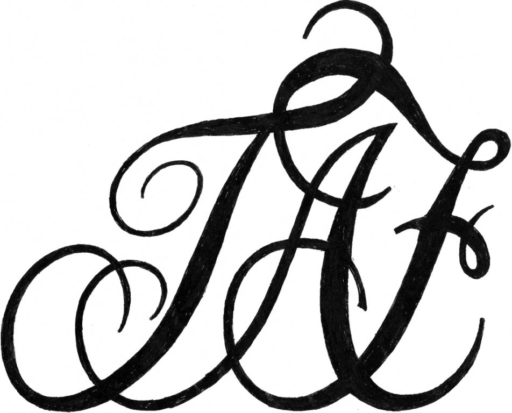By Max I Reich, 1863-1952
How shall we think of the Spirit? We may be so materialistic in our conceptions as to put the spiritual down as unsubstantial. In reality it is the real and the substantial, the cause of every effect. Our Lord said: God is Spirit. And as such He lives outside space and time. He cannot be localized. Evidences of His continuous and universal action meet us both in the vastness of the world without, as in the profound mystery of the world within. But He Himself embraces all. Nature proceeds out of his creative depths. Its beauty and harmony are the speech of the divine Spirit from day to day.
But when we turn to man, we stand before the crowning product of the creative Spirit. His intellectual and moral nature compel us to confess with the ancient Scripture: “There is a spirit in man, and the inspiration of the Almighty giveth him understanding.” The Godlike qualities of love and truth are from His invisible influence. In the mystical depths of the human soul the Spirit has left His witness. We cannot restrict the Spirit to any department of the universe He has called into being. This is not only true of the outward, but also of the inward world of human souls. Truly all men everywhere live and move and have their being in Him. “Whither shall I go from Thy Presence, and whither shall I flee from Thy Spirit?” was the exclamation of one of old. That spiritual Presence searched out his secret life; but when he found what a kindly light it was, he said: “Search me … and lead me in the way everlasting.” This unseen Presence broods in tender love over the most degraded, even as the Spirit moved over the dark and formless void.
But we cannot get the full truth on this deep subject unless we bear in mind that since the coming of God “in the flesh,” the Spirit has entered upon a new relation towards men. He is now the Spirit of the glorified Christ. The exaltation of our nature in Christ, after His victory on the cross, has made a new experience possible. Christians are those who have entered upon this experience; thought perhaps most will confess that their experience of this new life and power in Christ through the Spirit is but feeble. But at the beginning
it was not so. When the day of the Spirit broke in power on the day of Pentecost, mighty results followed. The Spirit became the creator of a new type of character. The fruit of the Spirit was seen to be love, joy, peace, long-suffering, goodness, meekness, gentleness, faithfulness, self-control. Spirit-filled men were lifted out of their bondage and poverty into “heavenly places,” to inherit the unsearchable riches of Christ. They experienced a wonderful heightening of personality. They became clothed with power from on high. To suffer for the Name of Christ lost its terrors for them . Extraordinary influences proceeded from ordinary men.
Unlearned and ignorant men so impressed their judges by their bearing, that they somehow suggested the unforgettable Jesus to them. One great and notable result of this new experience was the formation of a new fellowship among men. Those who found themselves partakers of the same life and blessing were naturally drawn together. “Members of Christ” could not but recognize each other as “members one of another.” This explains the origin of the Christian Church. The new experience created the new fellowship. And the new fellowship developed the new organization. Believing men and women were not only individually renewed; they “were builded together into a habitation of God in the Spirit.” And in this “spiritual house,” a new circle of human relationships, the old distinctions lost their meaning. In this new and heavenly atmosphere it was felt: “There is neither Greek nor Jew, circumcision nor uncircumcision, Barbarian, Scythian, bond nor free; but Christ is all and in all.” The Spirit became the creator of a new humanity, patterned upon the new Man, Christ Jesus. The hope of the world, divided and torn by national and class rivalries, lies in the all reconciling Spirit, resident in the world in the circle of Christian fellowship. What else, for instance, can deliver India from the cruel caste system? Or how can world-wide disarmament come about, unless men are enabled to disarm their minds? As George Fox the Quaker said he “lived in the virtue of that life and power that took away the occasion of all wars.” When by the welcoming of the Spirit of Christ, so wonderfully near to every soul, men are brought inwardly into the divine harmony, how quickly will they be brought into outward harmony with one another also.
The following memorial was included in a previous printing.
MAX I. REICH brought to the Society of Friends a scholarly knowledge of the Bible expressed through eloquent ministry and a ready pen. His gentle spirit gave him unity with Friends of all branches and with Christians of all sects. Born of Jewish parents in Berlin, 3rd month 17, 1863, he was educated in England. At an early age he became a joyously radiant follower of Jesus Christ and a notable preacher and teacher in many parts of Europe and the United States. He was first welcomed by Philadelphia Friends in 1913, and was an active minister of the Society up to his death in 8th month 11, 1945.
Notes to current edition: Within over 60 years since Max Reich’s death, there have been changes in use of language. Many terms are considered in their universal meaning and are retained to give a sense of the author’s time.
